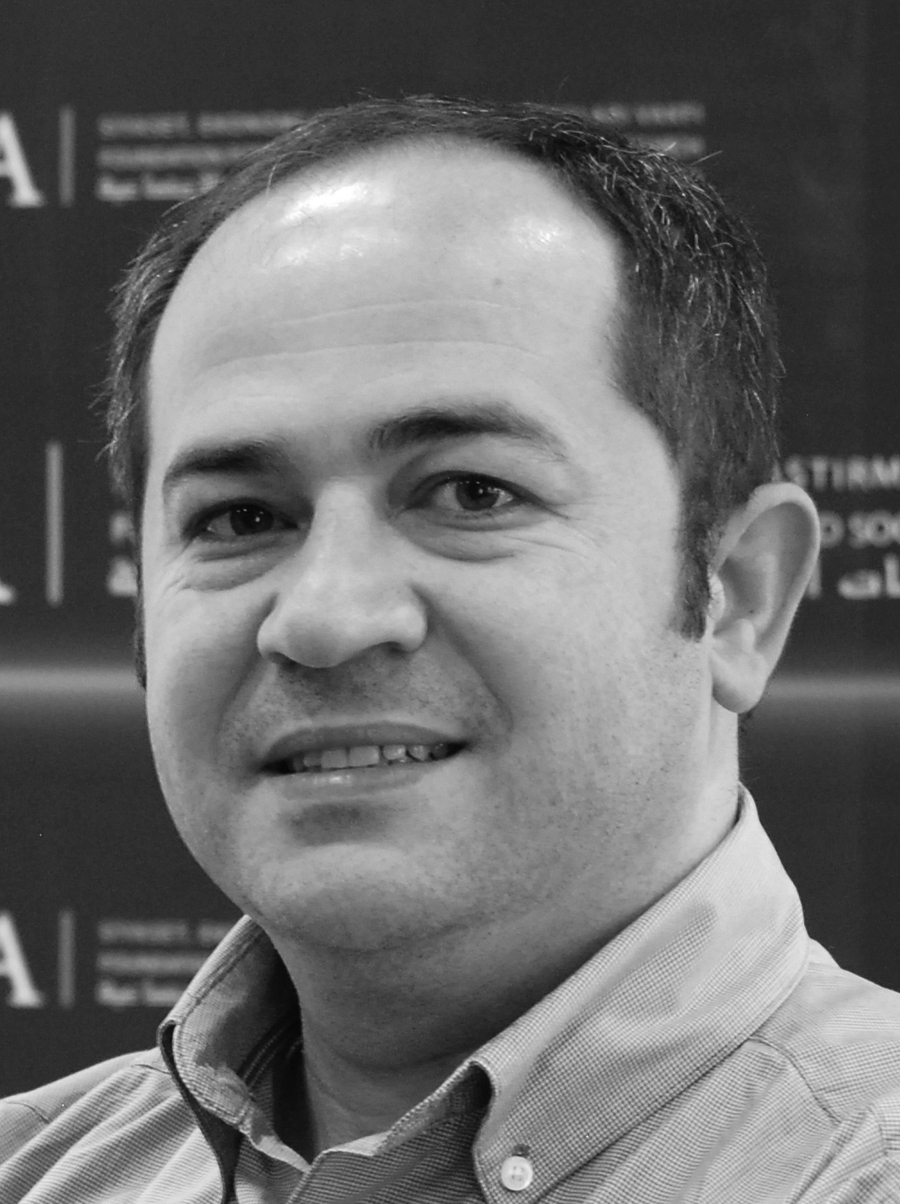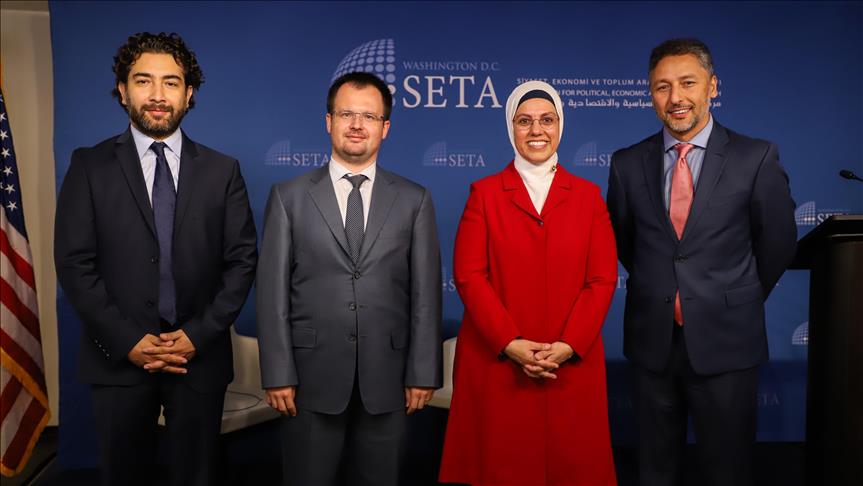The Dec. 17 operation was the main development that made its mark on both the ruling party and the opposition's campaigns for the March 30 local elections and the broader pre-election political agenda. In the end, the March 30 local elections went down in history as a victory for the AK Party and a shocking defeat for the Gülen Movement. Unable to push the ruling party below the 35 percent mark to either end the prime minister's political career or cause friction within the party, Gülen lost to a triumphant Erdoğan whose pledge to tackle the parallel state effectively won 45 percent of the vote.
The prime minister reiterated his determination to put the Gülenist shadow state out of business in his victory speech on March 30 as well as during his first address to his party's parliamentary caucus.
The question remains what strategy the government will adopt and how the Gülen Movement will react to such measures. Up until the local elections, Gülen and his followers were in control of the political tugof- war while Erdoğan merely put up a good defense. The election results, however, gave a clear advantage to the prime minister and his party over the Gülenists, whose response to future moves from the government remains to be seen.
Clearly the AK Party's objective must not be to fight ordinary citizens sympathetic to Gülen and his movement. Instead, all efforts by the government and the Gülenists should concentrate on rekindling the movement's religious or civic credentials by eliminating its access to instruments that enabled its past efforts to dictate policy. In this sense, it is possible to claim that the priority item on the AK Party's agenda will be to deprive Gülen and his followers of all their official power to prevent future operations, while making sure that perpetrators of past misconduct will be prosecuted to the full extent of the law.
Roughly speaking, such plans will involve at least two methods: Firstly, to bring suspected offenders to justice and secondly, to remove individuals tied to the movement from positions of power and strategic importance.
Judicial proceedings will, of course, take place on the basis of criminal conduct as opposed to membership in the movement, as prosecutors prepare indictments against individuals that were allegedly involved in illegal activities. Since the judiciary deals with acts instead of individual attributes, the courts will be more interested in criminal acts than those who perpetrated them.
Whether or not the conflict between the AK Party and the Gülenists will have larger implications beyond the processes mentioned above will depend on the latter group's willingness to reimagine itself as either a religious community or a civic movement.
If and when Gülen agrees to stop hijacking state institutions through covert tactics in the hopes of influencing government policy, his movement's troubles will be limited to the aforementioned administrative and judicial measures. Under such circumstances, political actors as well as the broader public will contribute to the Gülen Movement's gradual re-emergence as a positive force in Turkey. If Gülen and his followers, however, abuse their powers in government institutions to fight their own battles, as they did before the March 30 local elections, it would be quite likely that the battle against the movement will be fought on a much broader scale. Continued attempts to use affiliated businesspeople, students enrolled in Gülenist educational institutions and residents in Gülenist homes as warriors in the fight against the country's democratically elected government, among others, will lead to more intense and larger-scale measures.
The decision thus rests with none but Fethullah Gülen and his followers: Do they want to be a religious community and civic organization, or do they aspire to overthrow governments and blackmail politicians with illegally acquired secrets? The next step will depend on how








